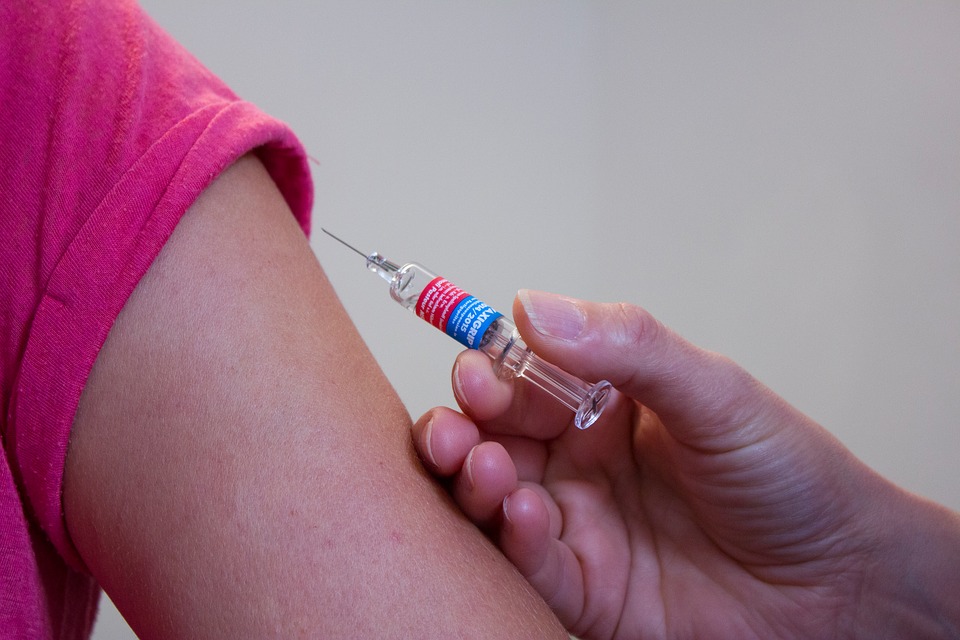
Can a person with multiple sclerosis (MS) get regular vaccines? According to a new guideline, the answer is yes. The guideline, developed by the American Academy of Neurology (AAN), recommends that people with MS receive recommended vaccinations, including yearly flu shots. The guideline is published in the August 28, 2019, online issue of Neurology®, the medical journal of the AAN, and is endorsed by the Consortium of Multiple Sclerosis Centers and by the Multiple Sclerosis Association of America. The guideline updates the 2002 AAN guideline on immunization and multiple sclerosis.
Multiple sclerosis is an autoimmune disease that can affect a person’s brain, optic nerves and spinal cord. People with MS often experience muscle weakness and have trouble with balance and coordination.
“We reviewed all of the available evidence and for people with MS, preventing infections through vaccine use is a key part of medical care,” said guideline lead author Mauricio F. Farez, MD, MPH, of the FLENI Institution in Buenos Aires, Argentina, and a member of the American Academy of Neurology. “People with MS should feel safe and comfortable getting their recommended vaccinations.”
In addition, the guideline recommends that people with MS should make sure their doctor or care team knows what MS medications they are using before receiving vaccinations. There is some evidence that shows that certain vaccinations may not work as well with certain MS medications.
The guideline recommends that people experiencing an MS flare consult their doctor before receiving vaccinations. They may want to consider waiting until the flare has passed before receiving vaccinations.
“After reviewing all the available evidence, we found that there is not enough information to say whether or not vaccinations trigger or worsen MS flares,” said Farez. “Still, experts in MS urge their patients to hold off on scheduling their vaccinations if they are having an MS flare simply to avoid the potential for any complications.”
Finally, the guideline states that some vaccines might not work well enough to prevent infection for some people with MS who take certain MS medications. However, it is recommended that people still work with their care team to maintain their regular recommended vaccinations, including the flu shot.